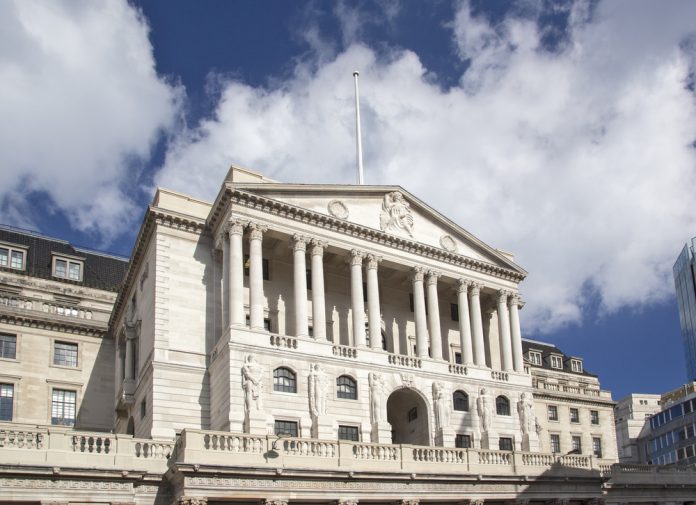The Bank of England has raised interest rates to 0.75 percent – the highest level since March 2009.
Threadneedle Street raised interest rates for the second time in a decade after the monetary policy committee voted unanimously for an increase.
The higher interest rates will lead to an increase of interest costs for over three-and-a-half million residential mortgages. However, the move will be welcomed by savers who will see a growth in interest rates.
John McDonnell MP, the shadow chancellor, did not welcome the news and said it would negatively affect hard-pressed households.
“Given recent revelations that households are spending more than they receive in income for the first time since 1988, today’s rise will be a blow to those facing high levels of personal debt.”
“The Tories’ economic failure is making life difficult for families across the UK. They must change tack and end austerity once and for all.”
Mark Carney, the Bank of England’s governor, has said that future interest rises will be “limited and gradual.”
“Rates can be expected to rise gradually. Policy needs to walk, not run, to stand still,” he added.
Commenting on Brexit, Carney said that the Monetary Policy Committee “recognises that the economic outlook could be influenced significantly by the response of households, businesses and financial markets to developments related to the process of EU withdrawal”.
“Negotiations are now entering a critical period, with the UK and EU both seeking an agreement by the end of the year. Although the range of potential outcomes is wide, what matters for monetary policy is how people react to developments.”
Suren Thiru, who is the head of economics at the British Chambers of Commerce, said: “The decision to raise interest rates, while expected, looks ill-judged against a backdrop of a sluggish economy.”
“While a quarter-point rise may have a limited long-term financial impact on most businesses, it risks undermining confidence at a time of significant political and economic uncertainty.”

